8 Benefits Of Vetiver Essential Oil, How To Use It, & Risks
From managing sleeping disorders to healing wounds, this oil is capable of a lot.
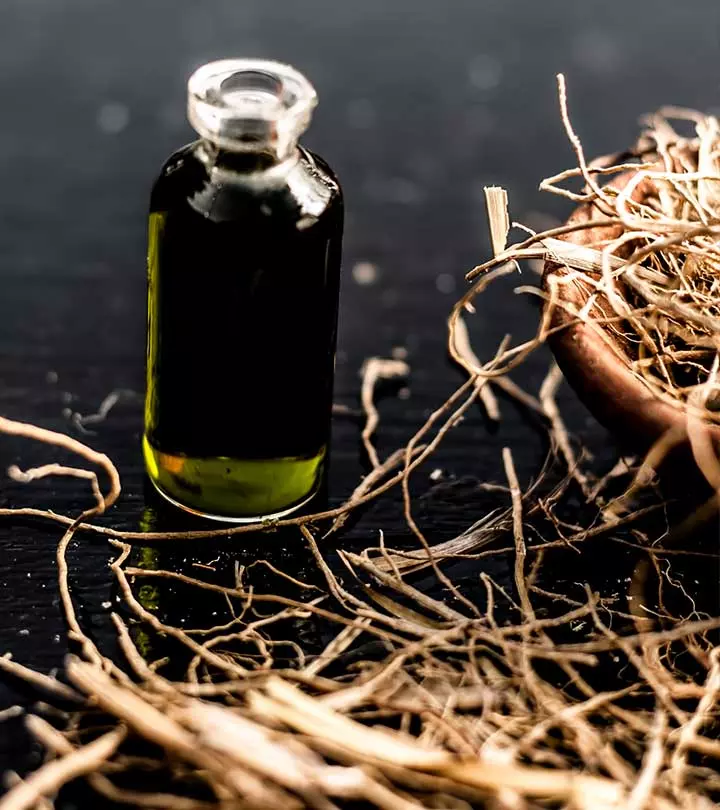
Image: Shutterstock
The list of benefits of vetiver essential oil (khus oil) is quite long to go through! This oil is extracted from a grass called Vetiveria zizanioides, which is native to India.
This essential oil goes a long way in improving sexual performance and treating sleeplessness, ADHD, various skin conditions, wounds, rashes, and insect bites.
In this article, we discuss these benefits further and potential side effects you need to be wary of. Scroll down!
 Know Your Ingredient: Vetiver Oil
Know Your Ingredient: Vetiver OilWhat Is It?
A golden-brown essential oil extracted from a grass called Vetiveria Zizanioides.
What Are Its Benefits?
Helps manage sleep apnea, treats insomnia, ADHD, wounds and insect bites, and boosts skin health.
Who Can Use It?
Those with stress, anxiety, depression, and sleeping disorders can use this oil for relaxation.
How Often?
You can mix it with a carrier oil and use it daily for a relaxing massage.
Caution
Always do a skin patch test before topically using this oil to avoid skin irritation and allergic reactions.
In This Article
What Is Vetiver Essential Oil?
Vetiver oil or khus oil is extracted from a perennial grass called Vetiveria zizanioides. Although the grass is native to India, it is also cultivated in some tropical regions around the world. It is harvested after 12-18 months when its roots reach maturity. The essential oil is then extracted mainly through steam distillation.
This oil has a characteristic earthy, sweet, woody, citrusy, and refreshing fragrance that is similar to patchouli oil with a dash of tangerine.
The plant, its roots, and the oil are extensively mentioned in traditional and folk medicine across various civilizations.
 Trivia
TriviaKey Takeaways
- Vetiver oil has a citrusy, earthy fragrance and was used since ancient times for its medicinal benefits.
- The oil treats sleep disorders, reduces headaches, and increases sex drive.
- The use of vetiver oil in aromatherapy significantly reduces anxiety, dementia, depression, and ADHD.
- Vetiver essential oil can be used as a massage oil, injury healing oil, and hair mask.
- It is recommended to use the oil only after consulting a doctor.
What Is Vetiver Essential Oil Made Of?
Vetiver oil contains complex molecules called sesquiterpenes that are responsible for its fragrance and medicinal value.
Most abundant of them are – khusimone, vetivenene, alpha-vetivone, khusimol, beta-vetivone, vetiselinenol, isovalencenol, cyclocopacamphanol, and delta-selinene (1).
The oil has antimelanogenici It refers to skin-whitening ingredients which can inhibit melanogenesis, that is, the production of melanin pigment. , sedative, anthelmintici This group of drugs is used to treat and expel parasitic worms from the body without causing damage to the host. , diuretici Any substance that promotes diuresis (increased urine production) which helps eliminate excess sodium and water from the body. , and cooling effects on your body (1).
Following are some valuable and unique benefits of vetiver that might interest you.
Benefits Of Vetiver Essential Oil
1. Manages Sleep Apnea And Insomnia

Not having a good night’s sleep affects multiple aspects of your health and daily life.
Sleep disorders like apnea and insomniai A common sleep disorder characterized by trouble falling asleep and staying asleep, often due to psychological problems. occur when there is malfunctioning in your CNS (Central Nervous System), PNS (Peripheral Nervous System), or respiratory system. This is where one major vetiver essential oil benefit comes in handy.
Such problems can be addressed by using vetiver oil, which modifies your respiratory patterns during sleep. It also activates the olfactory centers in your brain to improve sleep quality, reduce snoring, and treat headaches (2).
2. Treats ADHD

Attention Deficit and Hyperactivity Disorder (ADHD) is one of the most common disorders among young children today.
A study done by Dr. Terry Friedmann opened new possibilities of using aromatherapy for treating ADHD children.
Dr Be Hutchinson, a vlogger, shared how a vetiver oil blend helped her sleep at night in her video. She said, “I will have a really good rest if I put it on during the night (i).”
Using vetiver oil improved cognition in such children by stimulating the action centers in their brains (3).
3. A Potent Insecticide
Termites scare all of us – they are cancer to our wooden assets and books!
Vetiver oil is a natural remedy that can get rid of them and be your furniture’s savior. Apply it generously on the affected areas of the furniture or leave an opened vetiver oil bottle in your bookshelf and see the magic unfold.
It is one of the most potent oils available against termites. It is long-lasting and environment-friendly too (4)!
4. The Ultimate Skin Care Solution

That’s right! Vetiver essential oil benefits your skin health. The oil has the solution for almost all your skin problems – be it pimples, acne, scars, uneven skin tone, wrinkles, or even microbial infection.
The oil can regulate the level of melanin in your skin cells due to its antioxidative activity. Therefore, it can prevent pigmentation and heal scars when added to food, drugs, and cosmetics (5).
This oil is extensively used in the fragrance industry. It also works as an antimicrobial agent against Bacillus, Candida, Staphylococcus, and various microbial strains (1).
Using vetiver oil in perfumes, deodorants, and cosmetics would mean having medicinal value coupled with its soothing fragrance for the erfumer in one go.
What a bet, I say!
5. Heals Wounds, Rashes, And Insect Bites
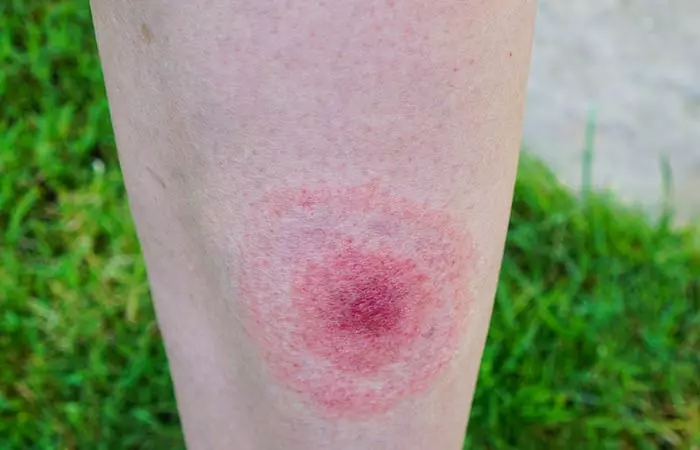
Remember those mystery rashes you developed on your calf muscles or forearms when you went on a hike or trek? Or the ones you got when you played with stray dogs, cattle, and other furry animals?
Did you observe that sometimes they turned into angry wounds and gave you a fever? And can anybody forget the infamous mosquito bites?
Such dangerous wounds and rashes are usually caused due to tick bites or insect bites. A few common diseases that can arise out of these encounters are Lyme disease, babesiosisi A rare and life-threatening malaria-like parasitic infection of the red blood cells caused by certain ticks. , ehrlichiosisi It describes infections caused by tick-borne bacteria that cause flu-like symptoms, including fever, muscle aches, and headache. , Rocky Mountain spotted fever, etc.
Luckily, certain vetiver essential oil benefits may protect you from these issues. Applying the oil may help repel the ticks as it has antiseptic and insect repellent properties. Otherwise tick bites may lead to fever, organ failure, sepsisi A life-threatening complication that occurs due to the body’s extreme response to a preexisting infection. , or (in worst cases) death (6).
However, it is important to note that while vetiver oil has some insect-repellent properties, it is not as effective as synthetic repellents like DEET (6).
6. Increases Libido

Ayurveda and folk medicine across the world have used vetiver root oil in combination with other essential oils as an aphrodisiac to improve sex drive.
The reason behind this could be the soothing effect vetiver oil fragrance has on your senses.
It reduces cortisol-induced stress levels in your body and may help in stress relief (7). It also stimulates the brain to secrete testosterone, estrogen, and other associated hormones that provoke sexual desire. However, there is no direct evidence that proves vetiver essential oil helps increase libido. Please consult your doctor before using it for the same.
7. Manages Anxiety, Depression, And Stress

Vetiver oil has long been a top-tier ingredient in aromatherapy and naturopathy, making it one of the most popular essential oils for anxiety.
Its active ingredients like khusimone, vetivenene, vetiselinenol, khusimol, alpha- and beta-vetivone are responsible for its characteristic smell and activity (8).
These compounds have potent antioxidative, chelating, anxiolytici A class of medications used to prevent and treat physical and medical anxiety symptoms. , and neuroprotective effects and hence can cure anxiety, depression, memory loss (dementia), and oxidative stresses (9).
Walking into a room smelling of mild khus oil vapors can induce relaxation and be incredibly therapeutic. Don’t you agree? Just thinking about this made me get a large bottle of this oil.
8. Offers Pain Relief
One of the most widely known vetiver essential oil benefits is pain relief. While it’s not a replacement for medical interventions, vetiver oil offers a natural option for pain relief. It possesses anti-inflammatory and analgesic properties that help alleviate the pain associated with sore muscles, joint discomfort, and headaches. When applied topically in a diluted form or used in aromatherapy, it can help minimize muscular aches and joint pain (10). Topical use of the oil may also relax your muscles, reduce inflammation, and relieve chronic pain and discomfort.
Vetiver oil also has a calming fragrance, which makes it ideal for easing emotional stress. This may also help you deal with physical pain as emotional stress can worsen it (11).
If you don’t believe me, read on for some fun facts about vetiver roots and the oil. You’d definitely run to the market to get a bottle of it!
Fun Facts For You
- Vetiver roots infusion (a summer drink) is used as a body coolant and to treat diarrhea, fever, and indigestion (1).
- Dried roots are woven into screens, curtains, under-beds, hut thatches, and hats to provide a cooling effect in summers.
- The essential oil is used to treat rheumatismi An autoimmune disease marked by inflammation and pain in the joints, tendons, ligaments, bones, and muscles. , snake bites, scorpion bites, sprains, menstrual cramps, hysteria, and mood swings in ancient and folk medicine (1).
- The plant has thick, adventitious roots that can help bind soil, increase groundwater levels, guard the embankments, prevent mudslides, and rockfalls.
 Trivia
TriviaWasn’t I right in terming vetiver oil as versatile? Wouldn’t you want to know all the ways to use it in your body care routine? Here’s how you can do it.
How To Make Vetiver Essential Oil Mixtures
The process of extracting vetiver oil from its roots is tedious, laborious, and costly. Many brands often mix lesser grade oils with vetiver extracts.
So, make sure you buy the oil from a trusted source and stick to it for all your recipes.
Here, I am sharing some recipes for making essential oil mixtures with vetiver oil that you can use readily.
1. All-In-One Massage Oil
What You Need
- Lavender oil
- Vetiver essential oil
- ½ cup grapeseed oil
- Ylang-ylang oil
Let’s Make It!
- Add four drops each of lavender, vetiver, and ylang-ylang essential oils to half a cup of grapeseed oil.
- Combine the oils well and store in an airtight container.
- Use it to massage your temples, neck, shoulders, or even the entire body to ease tension and stress.
- Enjoy the uplifting and cozy feeling it creates!
2. Injury Healing Oil
What You Need
- Vetiver oil
- Lavender oil
- Bergamot oil
- 1 oz. carrier oil (coconut, almond, olive, castor, argan, jojoba, or grapeseed oil)
Let’s Make It!
- Add four drops of vetiver oil, three drops of lavender oil, and two drops of bergamot oil (please be mindful that bergamot is photosensitizing and you should not expose your skin to the sun for 12 hours after applying) to 1 oz. of a carrier oil of your choice.
- Blend the oils well.
- Massage into the affected areas for quicker healing.
3. Healthy Hair Mask
What You Need
- Vetiver essential oil
- Lavender oil
- Rosemary oil
- Orange oil
- 1 oz. carrier oil (coconut, almond, olive, castor, argan, jojoba, or grapeseed oil)
Let’s Make It!
- Heat up 1 oz. of carrier oil of your choice in the microwave for a few seconds.
- To it, add two drops each of vetiver, orange, lavender and rosemary oils.
- Blend these oils well and massage it into your hair from the ends to the roots (scalp) gradually.
- Wrap your hair in a plastic wrap and then in a towel.
- Wait for one hour or overnight before washing off with a shampoo and conditioner.
- Say goodbye to itching, irritation, inflammation, and dandruff!
You’ll notice a significant change in your mental and physical well-being on using these vetiver oil blends routinely. There are some other ways to use vetiver essential oil, apart from these blends, such as:
- Add 2-3 drops to a diffuser or inhale it directly from the bottle.
- Add 2-3 drops to your bath for deep relaxation.
- Mix 2-3 drops with any unscented lotion for a soothing moisturizer.
- Apply a drop to your pillow for a relaxing sleep.
Routine use would mean prolonged exposure, and that could be risky. Or not? Read on to find out.
What Are The Risks Or Cautions For Using Vetiver Oil?
Vetiver is considered to be a non-irritating, non-toxic, and non-sensitizing oil.
However, it has a caution associated with its usage among pregnant women and children.
- Pregnant and nursing women taking prescribed drugs should not use this oil without medical consent.
- If you are taking medications, consult a physician or pharmacist first.
Also, bear these points in mind before you buy vetiver oil:
- Always do a skin patch test before applying vetiver oil on your body.
- Do not use it on the eyes, inner nose, ears, and other sensitive areas of your skin.
- It is best not to use this oil if you have cancer, heart disease, or liver damage. You can consult your physician if you want to use this oil.
Infographic: Vetiver Essential Oil
Vetiver essential oil is a popular perfume fixative additive in perfumery and cosmetics and is prized for its unique aroma. Its wonderful scent can help address many problems and soothe your senses.
Check out the infographic below to learn more about vetiver essential oil, how it is made, its global popularity, and the science behind its delightful fragrance. Scroll down. Illustration: StyleCraze Design Team
The benefits of vetiver essential oil are numerous. It can effectively manage insomnia and sleep apnea. It helps in treating ADHD. Vetiver essential oil also improves skin health and combats pimples, acne, scars, and wrinkles. This essential oil promotes libido and effectively relieves anxiety, depression, and stress. You can use this oil can as a massage oil, healing oil, and in hair masks. However, it may cause skin irritation in certain sensitive individuals. Hence, a patch test is recommended before using it.
Frequently Asked Questions
How to dilute vetiver essential oil properly for safe use?
You can dilute vetiver essential oil for safe use by mixing it with carrier oils, such as coconut, jojoba, and almond. For every 1 to 2 drops of vetiver oil, add 10 drops of carrier oil, especially for topical use.
How long does vetiver essential oil last?
Most essential oils have a shelf-life of 1-2 years. Some oils like vetiver, patchouli, and sandalwood get better with age.
If stored properly and away from sunlight, vetiver oil stays potent and lasts for about 2-3 years.
What mixes well with vetiver essential oil?
Vetiver oil blends well with bergamot oil, cedarwood essential oil, geranium oil, ginger essential oil, jasmine oil, lavender essential oil, lemon oil, lemongrass essential oil, orange oil, patchouli essential oil, rose oil and sandalwood essential oil.
Is it safe to use vetiver essential oil when taking medication for Parkinson’s disease?
Since vetiver oil has neuroprotective effects, it can enhance the impact of Parkinson’s treatment.
In fact, essential oils are used as alternative medicine to cure neurodegenerative disorders like Parkinson’s, Alzheimer’s, dementia, etc.
Is vetiver essential oil good for arthritis?
Yes, vetiver contains anti-inflammatory properties that help reduce stiffness and pain and improve blood flow. This may help manage the symptoms of arthritis in older people (12).
Is vetiver essential oil good for autism?
Yes, vetiver essential oil has sedativei They are medicines that slow down brain activity, promoting a calm or sleep-inducing effect. They are also called CNS depressants. properties that may help reduce anxiety which is commonly seen in individuals with autism spectrum disorders(13), (14).
Illustration: Benefits Of Vetiver Essential Oil, How To Use It, & Risks
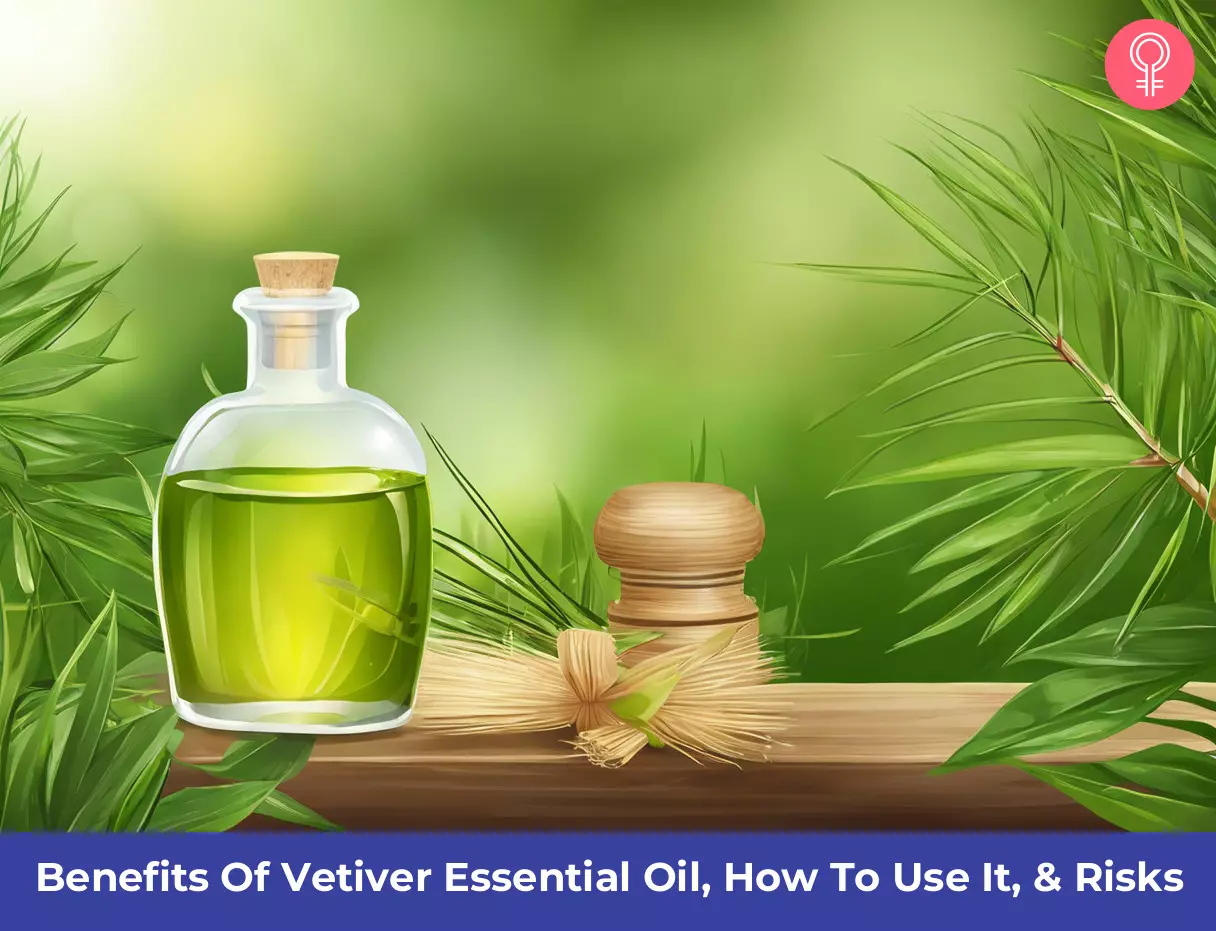
Image: Stable Diffusion/StyleCraze Design Team
Discover the captivating aroma of vetiver, featuring a smokey and earthy essence with woody undertones. Learn about its soothing properties by checking out the video below.
Personal Experience: Source
StyleCraze's articles are interwoven with authentic personal narratives that provide depth and resonance to our content. Below are the sources of the personal accounts referenced in this article.
i. My Oily Mentor – Vetiver – helping you sleep, calms an overactive mind, keeps your groundedhttps://www.youtube.com/watch?v=x7VXKTsxzVM
References
Articles on StyleCraze are backed by verified information from peer-reviewed and academic research papers, reputed organizations, research institutions, and medical associations to ensure accuracy and relevance. Read our editorial policy to learn more.
1. “Vetiver Essential Oil in Cosmetics…” Medicines, US National Library of Medicine
2. “The Influence Of Odorants On…” Chemical Senses, US National Library Of Medicine
3. “Attention Deficit and Hyperactivity Disorder” Terry.S.Friedmann
4. “Evaluation of vetiver oil and…” Journal of Chemical Ecology. US National Library of Medicine
5. “Effect of Vetiveria zizanioides Essential..:” The Scientific World Journal, US National Library of Medicine
6. “Evaluation of DEET and eight essential oils…” United States Department of Agriculture, Agriculture Research Service
7. “Back to the Roots—An Overview…” Molecules, US National Library of Medicine
8. “Constituents of South Indian…” Natural Product Communications, US National Library of Medicine
9. “Evaluation of Antioxidant Activity of…” Journal of Agricultural and Food Chemistry
10. “Clinical Aromatherapy” Nursing Clinics of North America, US National Library of Medicine
11. “Modification of sleep-waking…” Journal of Intercultural Ethnopharmacology, US National Library of Medicine
12.”The Utilization of Vetiver as Medicinal…” Assumption University, Bangkok, Thailand, Pacific Rim Vetiver Network
13. “Vetiver Oil and Its Sedative Effect” Thailand Institute of Scientific and Technological Research
14. “An update on anxiety in youth…” Current Opinion in Psychiatry, US National Library of Medicine
Read full bio of Dr. Scott Johnson
Read full bio of Swathi Handoo
Read full bio of Ravi Teja Tadimalla
Read full bio of Himanshi Mahajan







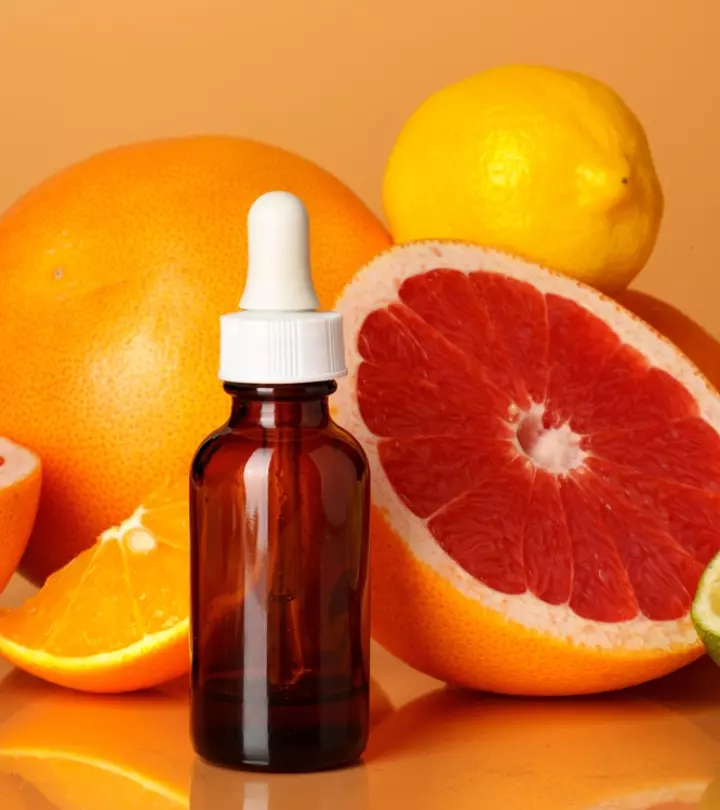
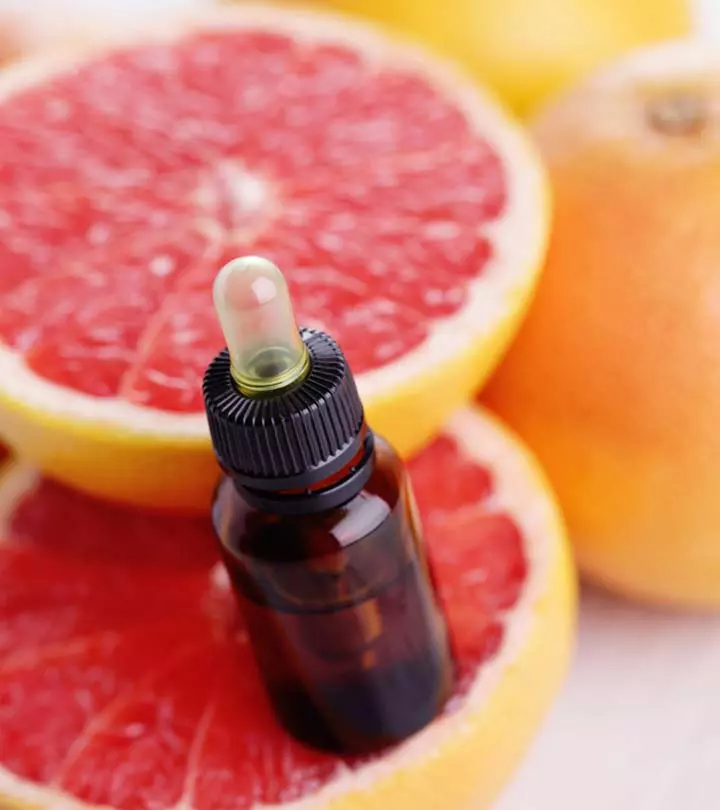
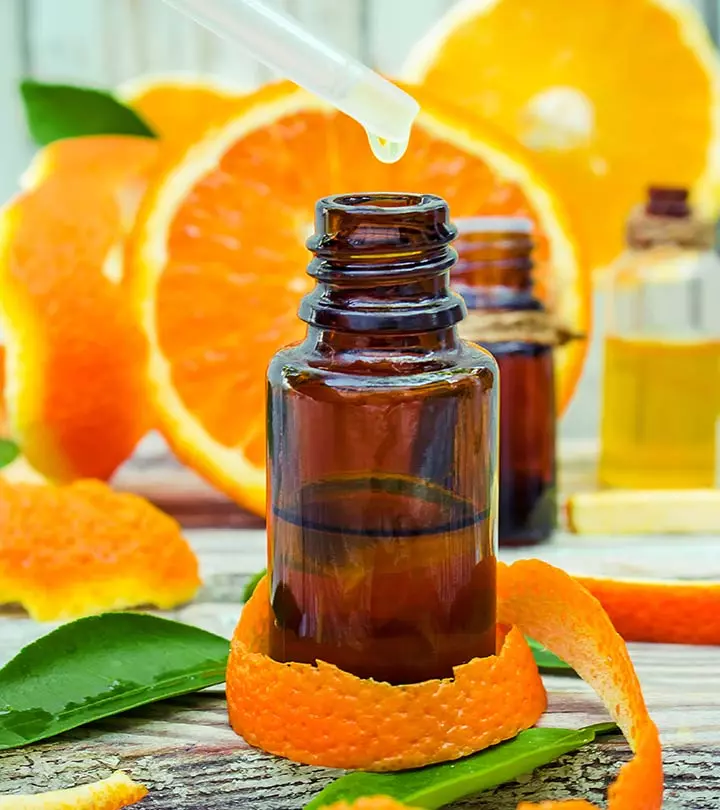
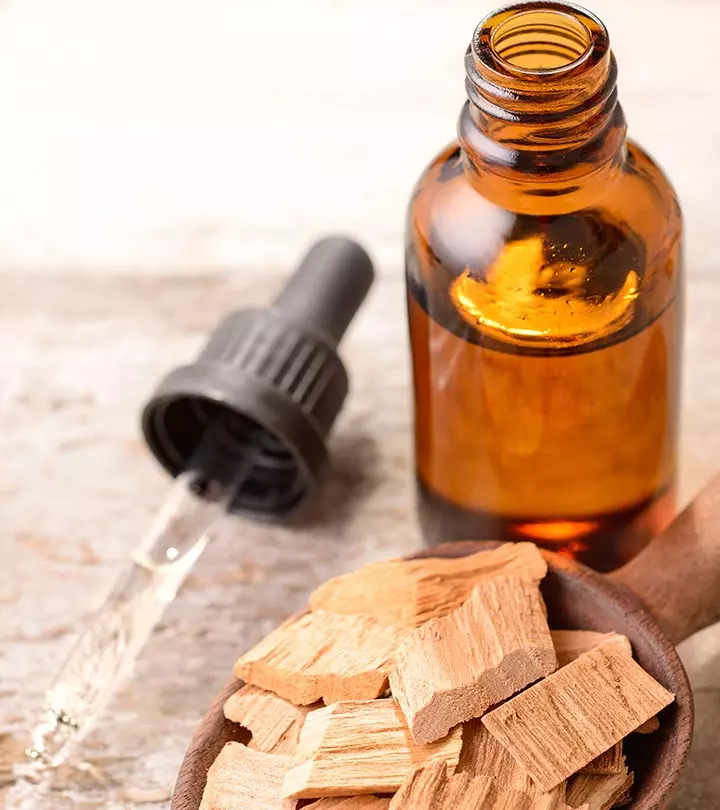

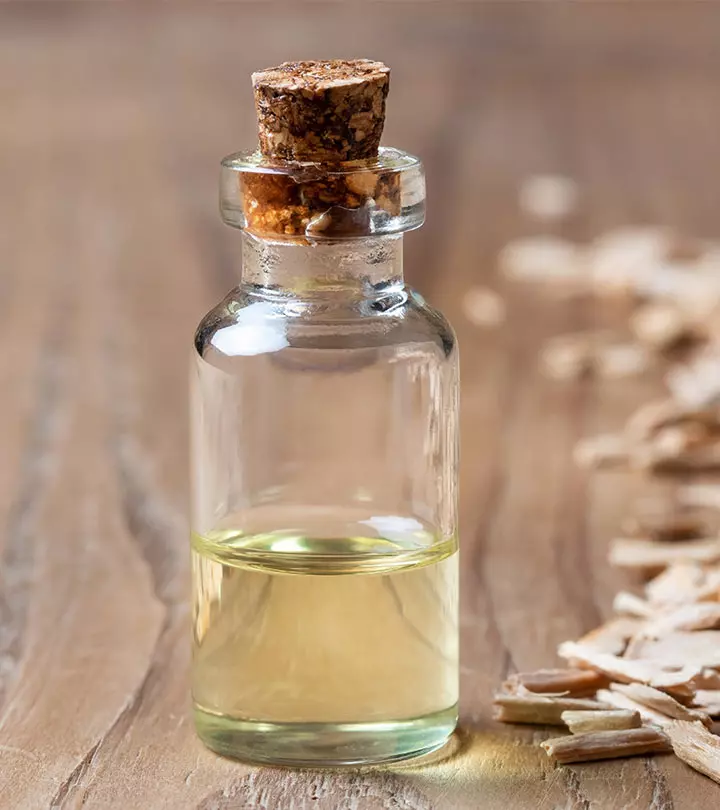
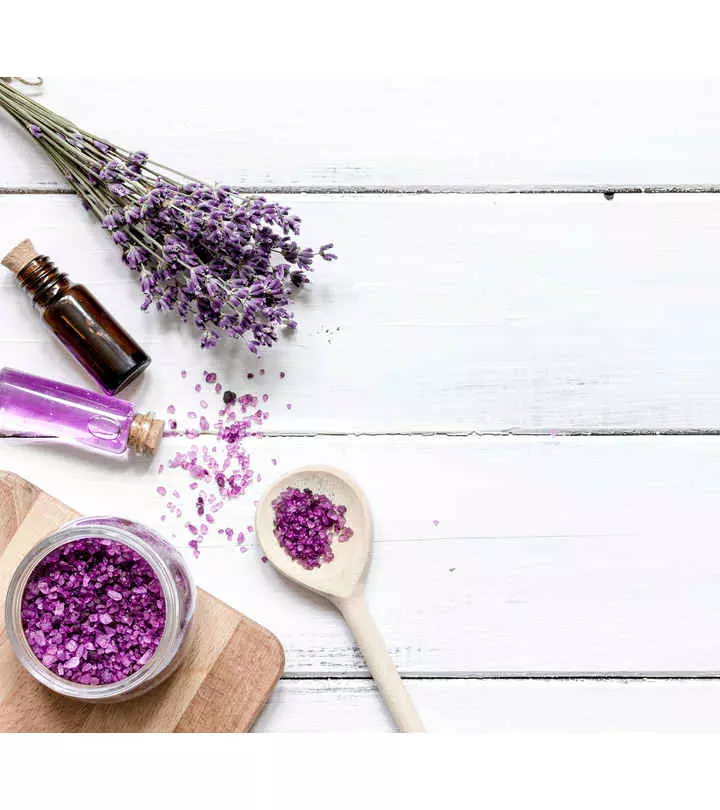
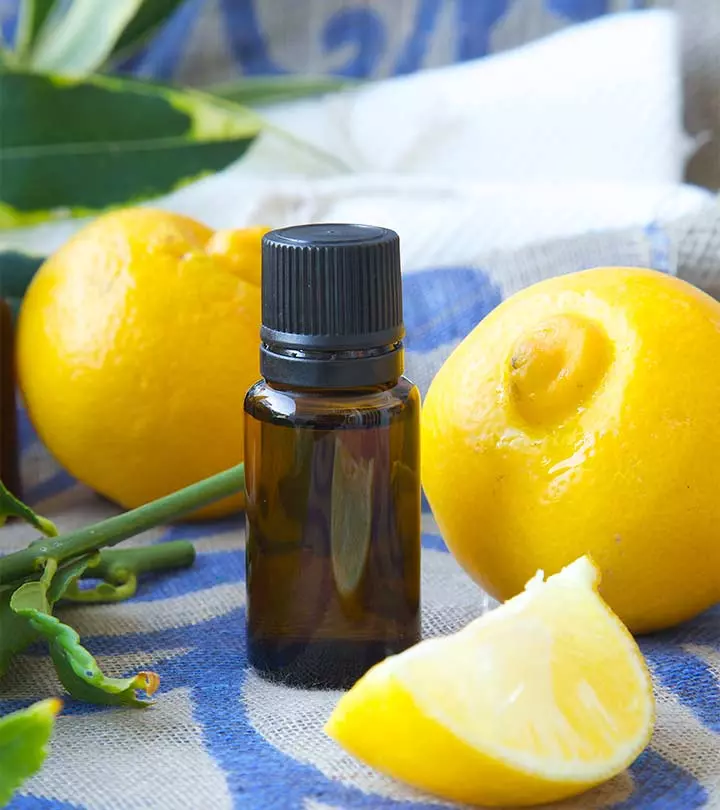



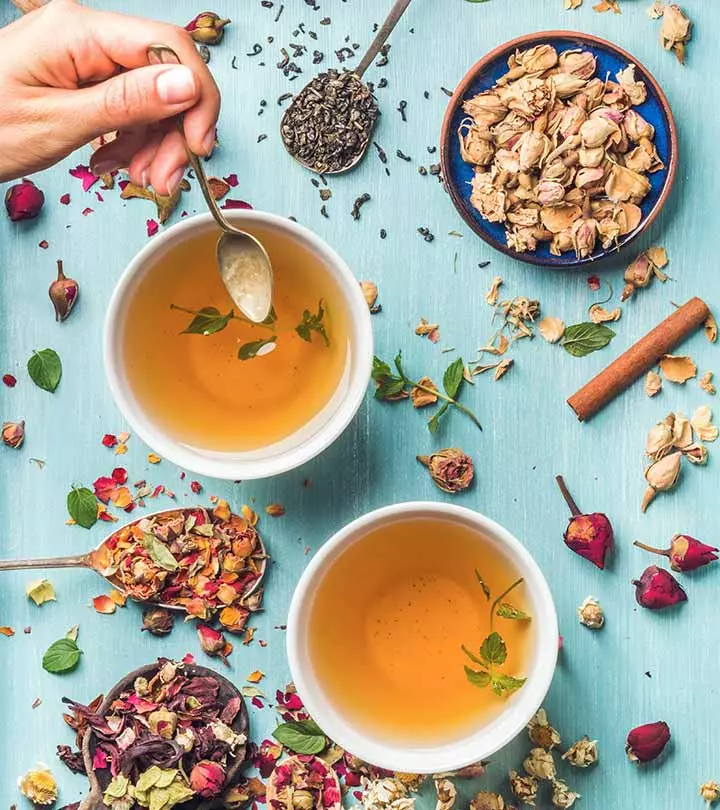

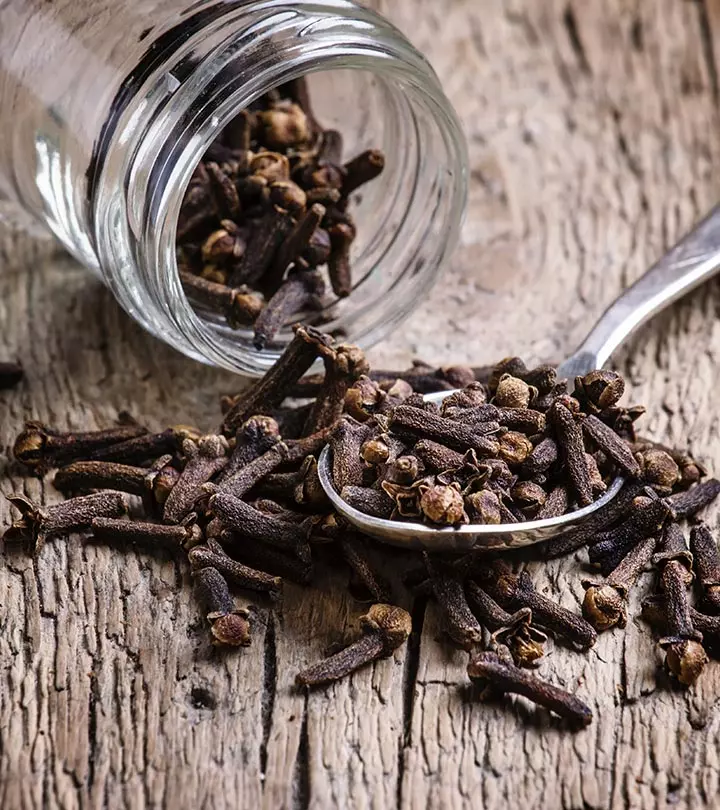
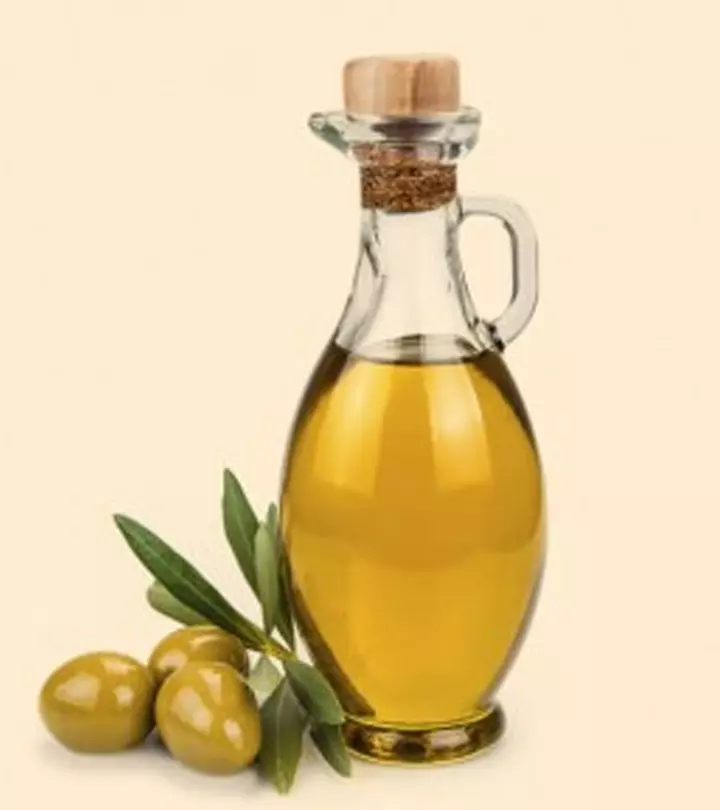

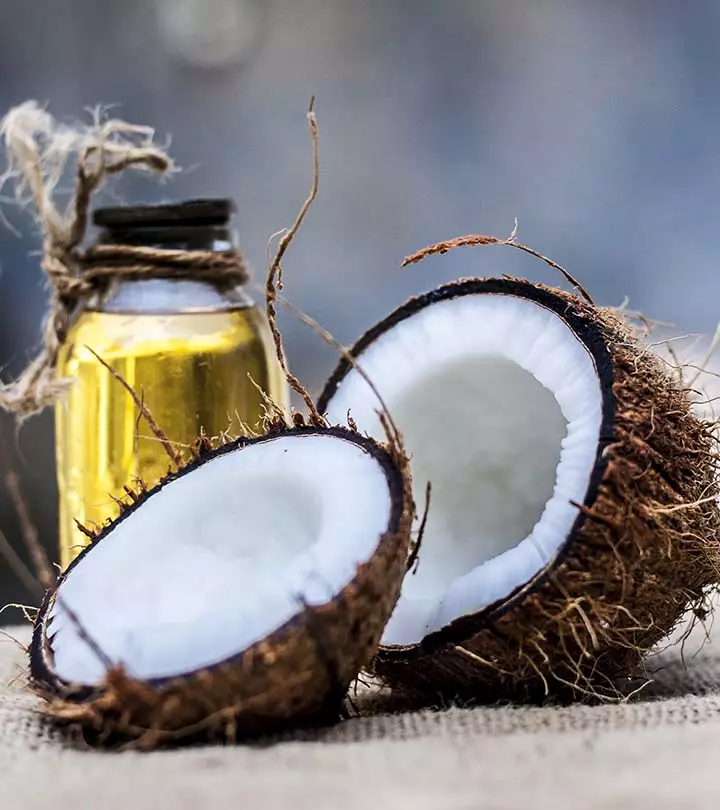

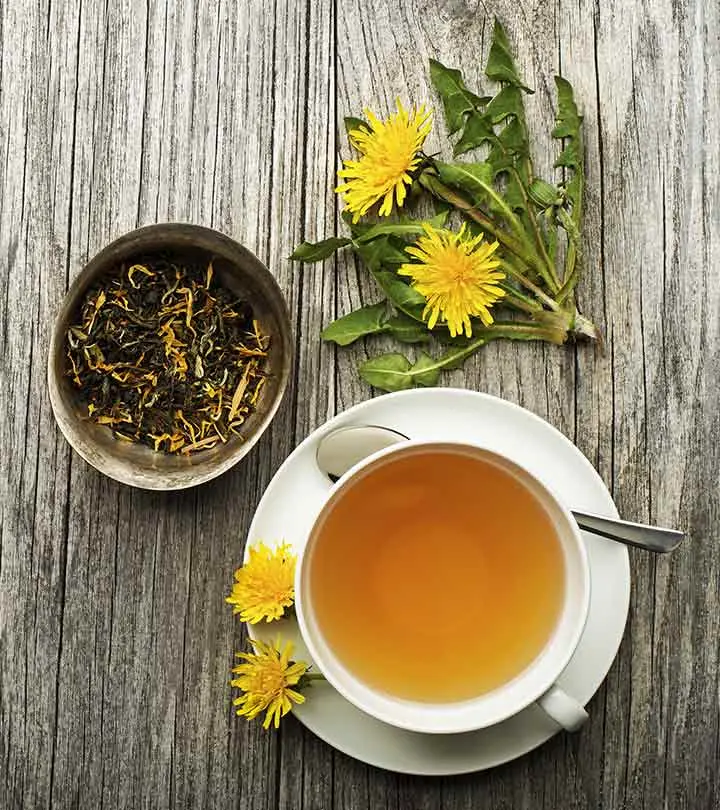


Community Experiences
Join the conversation and become a part of our empowering community! Share your stories, experiences, and insights to connect with other beauty, lifestyle, and health enthusiasts.